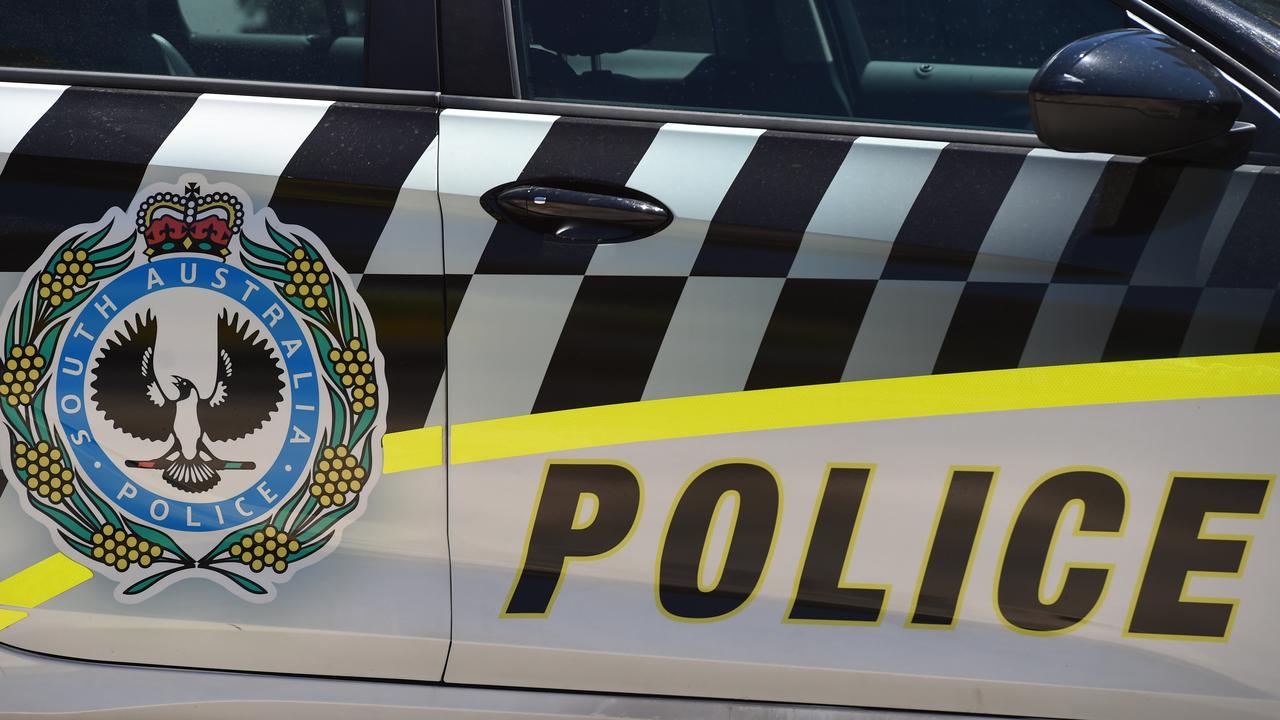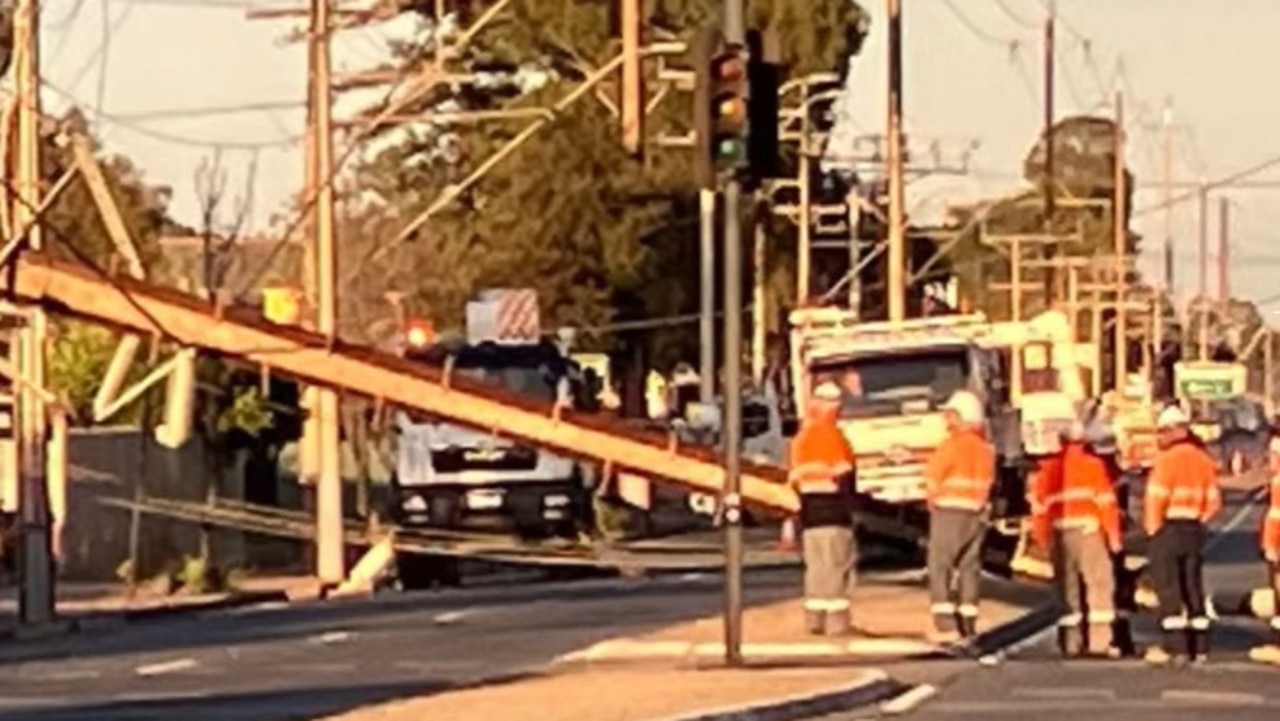Paul Starick: Adelaide at heart of vital national security mission
Adelaide will be critical to the huge new national security plan announced this week, from nuclear-powered submarines, to ships and the potential for missile manufacture. Paul Starick explains.

SA News
Don't miss out on the headlines from SA News. Followed categories will be added to My News.
The growing awareness that Adelaide is at the heart of a critical mission to safeguard national security is starkly and repeatedly hammered home in the landmark Defence Strategic Review.
Released on the eve of Anzac Day, the 110-page report warns of “the highest level of strategic risk we now face as a nation: the prospect of major conflict in the region that directly threatens our national interest”.
Australia’s supply chains and trade routes are vulnerable to military threat or coercion. Anyone with a mobile phone knows the risk posed by cyber warfare. Long-range precision strike weapons, or as the Review says “the rise of the missile age”, has “radically reduced Australia’s geographic benefits”. Any of these risks, if exploited by a hostile power, would be crippling, even if the review assesses “there is, at present, only a remote possibility of any power contemplating an invasion of our continent”.
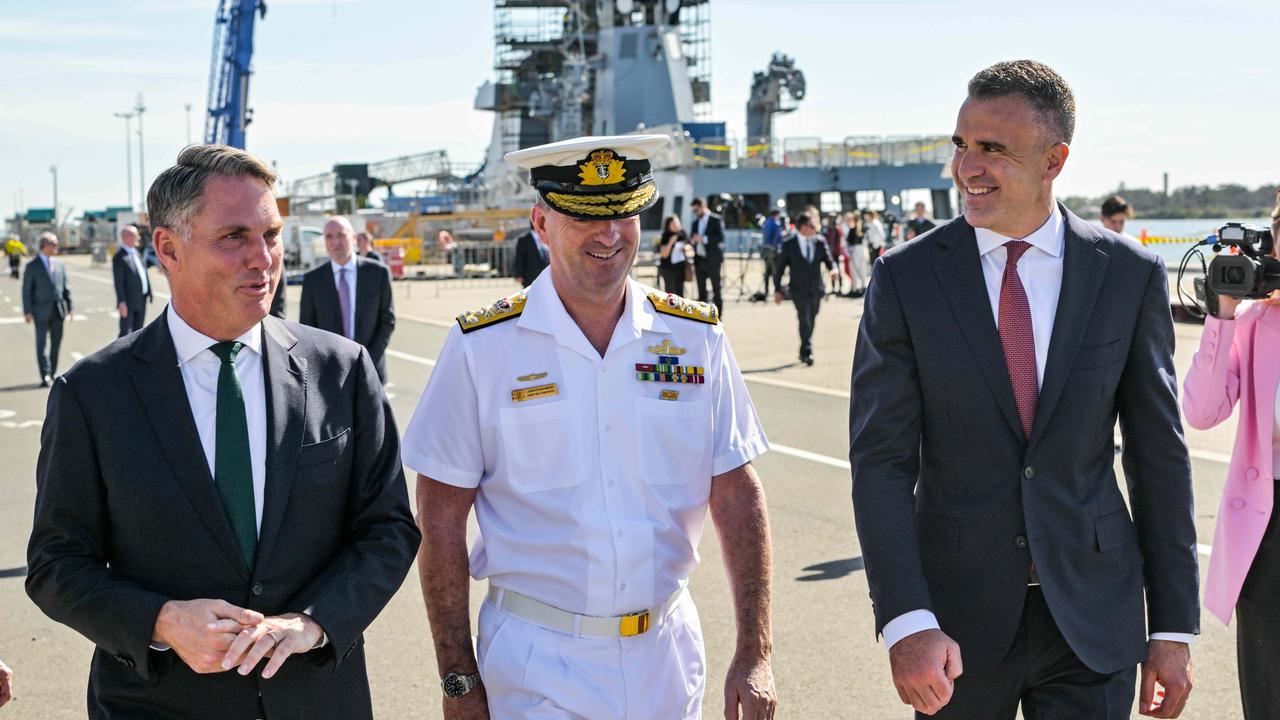
The most potent weapons to counter these risks are nuclear-powered submarines, which will be built in Adelaide under the AUKUS security pact. The Review “strongly supports the acquisition of conventionally armed, nuclear-powered submarines”, declaring this will require “a whole-of-nation commitment”.
The importance of naval shipbuilding “as a sovereign industrial capability” is confirmed by the Review. The federal government accepted its recommendation that its commitment to continuous naval shipbuilding be reaffirmed.
The AUKUS nuclear-powered submarine construction has rightly been touted by successive state and federal governments as a revolutionary endeavour.
It will be near the end of the decade when steel is cut in Adelaide for a nuclear-powered submarine. Given Adelaide’s history of uncertainty over naval shipbuilding, there have been some questions raised over the commitment to a continuous shipbuilding program posed by yet another defence review, this time into the surface fleet.
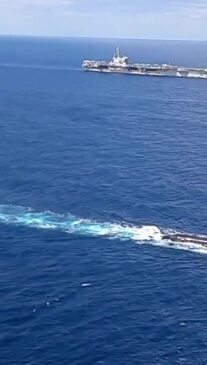
Adelaide’s $45bn Hunter-class frigate program is facing a cut as the federal government embarks on this review, announced by Defence Minister Richard Marles on Monday after Defence Strategic Review’s release. He promised this would be “short and sharp” and completed in Q3 this year.
One potential prospect is Adelaide-based BAE Systems Australia building an initial three frigates, rather than the contracted nine. Under this scenario, three Osborne-built frigates would be followed by three air warfare destroyers, using the same hull but bristling with more armaments, particularly missiles. Three more frigates might follow, capitalising on then-updated technology.
The “missile age” offers another opportunity for Adelaide – the development and manufacture of guided weapons and explosive ordnance. The development of a $1bn weapons manufacturing centre to boost jobs and supply guided missiles to Australia’s defence forces was announced in Adelaide in March, 2021, by the-then prime minister Scott Morrison. Three major defence firms with significant operations in Adelaide were expected to be considered as potential partners – Raytheon, BAE Systems and Lockheed Martin. But, as the Review points out, little has happened since then.
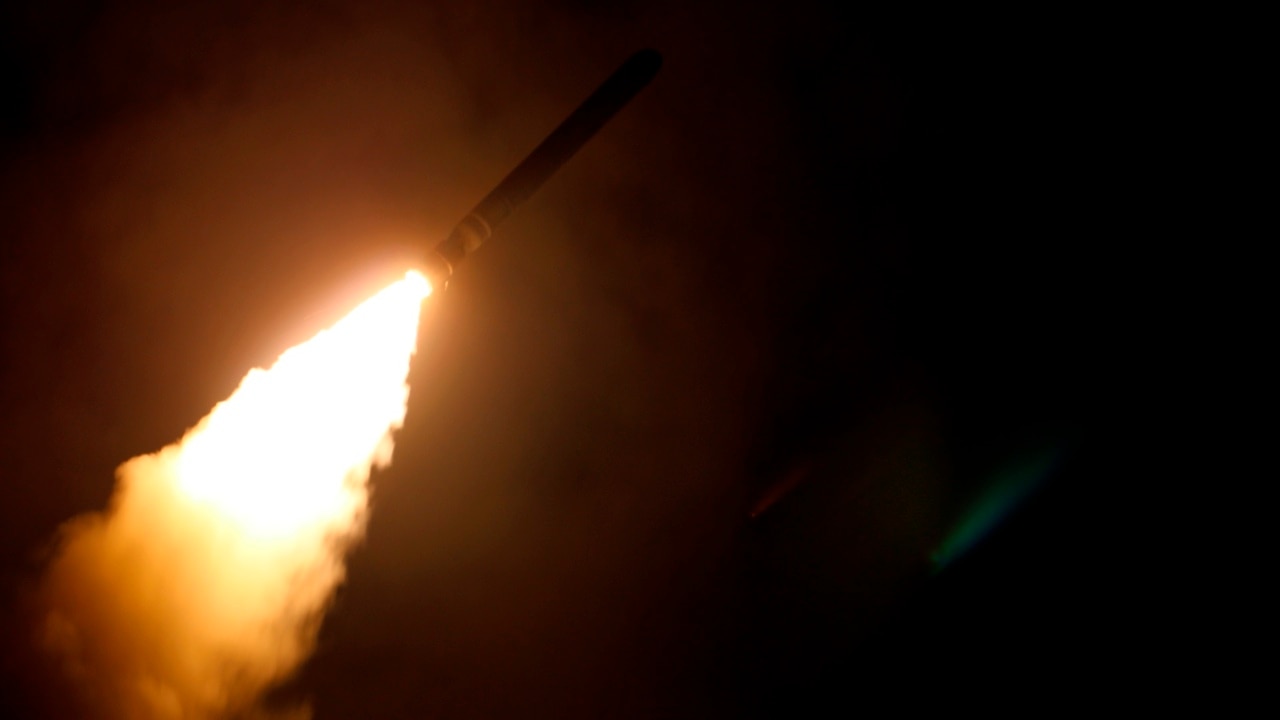
Salisbury was home to Australia’s largest munitions factory during World War II. At nearby Edinburgh Parks, BAE and the government’s Defence Science and Technology Group have developed the Evolved Sea Sparrow and Nulka missiles.
The Review says long-range strike and other guided weapons are “fundamental to the ADF’s ability to hold an adversary at risk in Australia’s northern approaches” and we must have the domestic “ability to manufacture certain lines”.
The Review is stark about the urgency for action and the degree of threat to Australia. Despite hysteria over China in some quarters, it’s not clear this message is widely understood yet.
As Mr Marles said at Osborne in mid-March, we risk being “condemned by history” if we do not respond in the national interest.
More Coverage
Originally published as Paul Starick: Adelaide at heart of vital national security mission






